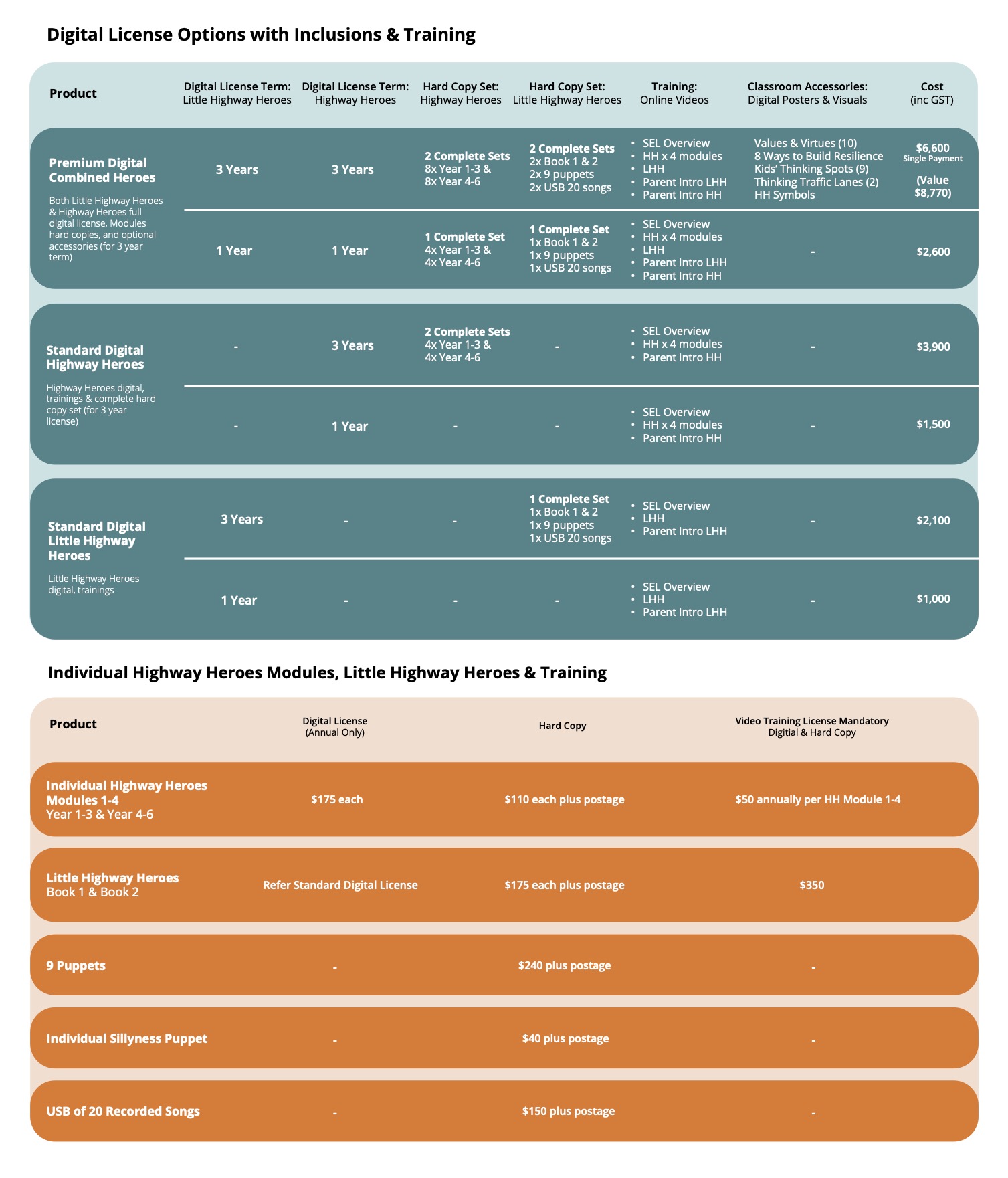Parenting is a round the clock, decades long activity that’s wonderfully rewarding and deeply challenging – sometimes within minutes of each other.
With tantrums, fighting sleep routines and the ever revolving love-hate relationship with food on the plate at mealtimes, parental stress can be through the roof. Add to that the ongoing societal pressure to get parenting right or face raising a potential axe murderer. It’s like a parental pressure cooker.
Amidst all the busyness and demands of each and every day, we know that great parents play the long game at many levels.
The Behavioural Level
– this includes setting appropriate, loving, consistent and predictable boundaries with appropriate, loving, consistent and predictable consequences is most certainly a strong foundation for the rest of the job.
The Philosophical Level
– of parenting, the saying, ‘Don’t sweat the small stuff’ should be a mantra taught to each and every parent as they leave the hospital with their sweet little bundle. Realistically, every moment of every day could be taken up with the small stuff – leaving shoes, laces still tied, sandpit sand scattered everywhere right where they race through the door. Wet towels on floors, not packing toys away – perfectly or at all, not coming when called, not making their bed… The long game parent knows that choosing the important behaviours, attending to those and simply leaving the rest is a recipe for a happier home. There is always tomorrow and tomorrow and tomorrow to teach those new skills and responsibilities. Today doesn’t have to be that day.
The Methodological Level
– in amongst all that responsibility of shaping a little human, choosing a method is essential. Our children’s little brains are making connections – lifelong connections between being emotionally aroused and then calming down. As our children grow and develop, experience more of life and its challenges, they’re learning to control their first impulses and get on top of the many events, people and sensations that result in an emotional response. Whilst our 2 years olds are learning about not getting everything they ask for when they tantrum over the Kinder Surprise at the supermarket and show us what they look like spread out on the floor, wailing loudly – we don’t want them still to be doing that at 14 when they can’t go to a party.
Shaping our children’s behaviours
So, how do we shape behaviours that we do want? Let’s default to puppy training for a minute. Toilet training a puppy takes effort and attention. Anyone who has done it successfully knows that the trick is not to smack the puppy, yell loudly or rub it’s nose in its urine when it has an accident inside. All the puppy learns is to be scared of peeing – it knows what not to do but hasn’t necessarily learned what to do instead. Catching the puppy early, taking it outside and praising and rewarding it for that behaviour is powerful, powerful training. Praise is powerful.
Here’s the best news you may have had all week – it’s not very different to training children. We often apply complex methodology, we get concerned about when other people’s children are doing things by, we feel pressure to be producing an instantly perfect little human – but that’s not realistic. We don’t go to puppy school and get bent out of shape that someone else’s puppy is already toilet trained and walks perfectly on the lead, we don’t worry if our puppy is still carrying on like a crazy critter and everyone else’s puppy has learnt the skill perfectly, we don’t feel shame and anxiety. So why oh why do we do this with our children?
So, learn to praise. A recent study by Sue Westwood, De Montfort University, United Kingdom found that giving praise 5 times a day improved a child’s wellbeing and decreased inattention and hyperactivity.
Praise is powerful
How often do you praise your child when they’re learning a behaviour? How often do you catch them before they emotionally accelerate and help their little brain to calm down by using praise? It’s simple, it’s immediately available, it doesn’t take any training at all – and it’s free.
So, five praises a day – not too difficult to work into your parenting menu of tools to change behaviour. Catch your child early, praise their efforts. Notice when your child does something – even vaguely looking like you want the end point behaviour to be – and praise them richly, repeatedly and genuinely. As a parenting tool it is far more powerful than shouting, admonishing and punishing – and a lot more positive and fun too.
If you want to get even more powerful, then get specific with your praise – we call it Behaviour Specific Feedback – and it’s about the very best thing you can do as a parent – or teacher. Think about the skills and attributes that help a child to get a job done. What are they? Make a long list – and check out our Free Parent Download on praise for some specific examples. When you move away from “Good girl” or “Good boy” when praising a child and move towards naming the skill or attribute they’re showing you (like persistence, self-control, responsibility, empathy, resilience, confidence etc.) then you’re really changing your child’s behaviour and motivations for their behaviour.
It’s not rocket science is it? In fact, we all know that our children respond well to praise – in our homes and in their classrooms. So, let’s repeat the mantra, “Don’t sweat the small stuff” and help our children to regulate their little brains using kind, connected and calm parenting processes that work – far more powerfully than high-end punitive behaviour management that rarely achieves the outcome we’re after.


